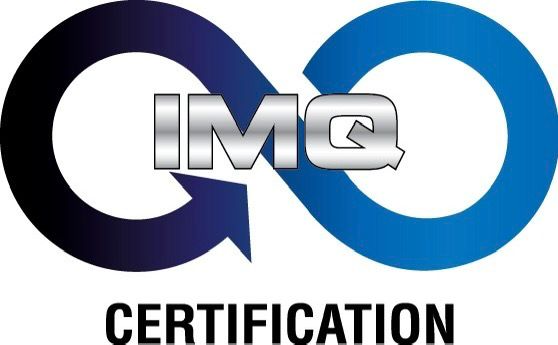ISO 22320
Emergency Management
What is ISO 22320?
ISO 22320 is an international standard which defines the requirements for incident response, and allows public and private organizations to establish and enhance their abilities to respond to any type of emergencies regardless its magnitude ISO 22320 helps to mitigate threats and damages and ensures continuity of basic facilities such as water and food supplies, health, rescue services, fuel delivery, and electricity. Emergency Management ensures that all related parties are on the same page during a disaster in order to minimize the chances of misunderstandings and ensure a more effective use of the combined resources. It encourages developing and implementing incident response measures, to ensure a response which is suitable to the needs of the affected population.
Why is Emergency Management important for you?
By becoming certified against ISO 22320, you will achieve an advanced level of Emergency Management, which enables you to help your organization establish a structure and a process of command and control. Acquire the necessary knowledge to define the processes for the management of operational information. It gives you the skills to establish the requirements for collaboration and coordination among several involved organizations. You will be able to handle the incident response in a crisis and take effective and efficient response measures.
Benefits of ISO 22320 Emergency Management
By becoming a Certified ISO 22320 Professional, you will be able to help your organization achieve clear benefits, such as:
- Become internationally recognized
- Gain competitive advantage
- Enhance the right skills to manage complex and stressful events
- Improve the ability to respond to threats
- Improve decision-making skills during crises
- Help the organization to identify its individual performance requirements
- Build customer trust
- Provide guidance on command and control structure
- Develop advanced resource allocation
- Provide careful and appropriate operational information
- Enhance cooperation and coordination processes
